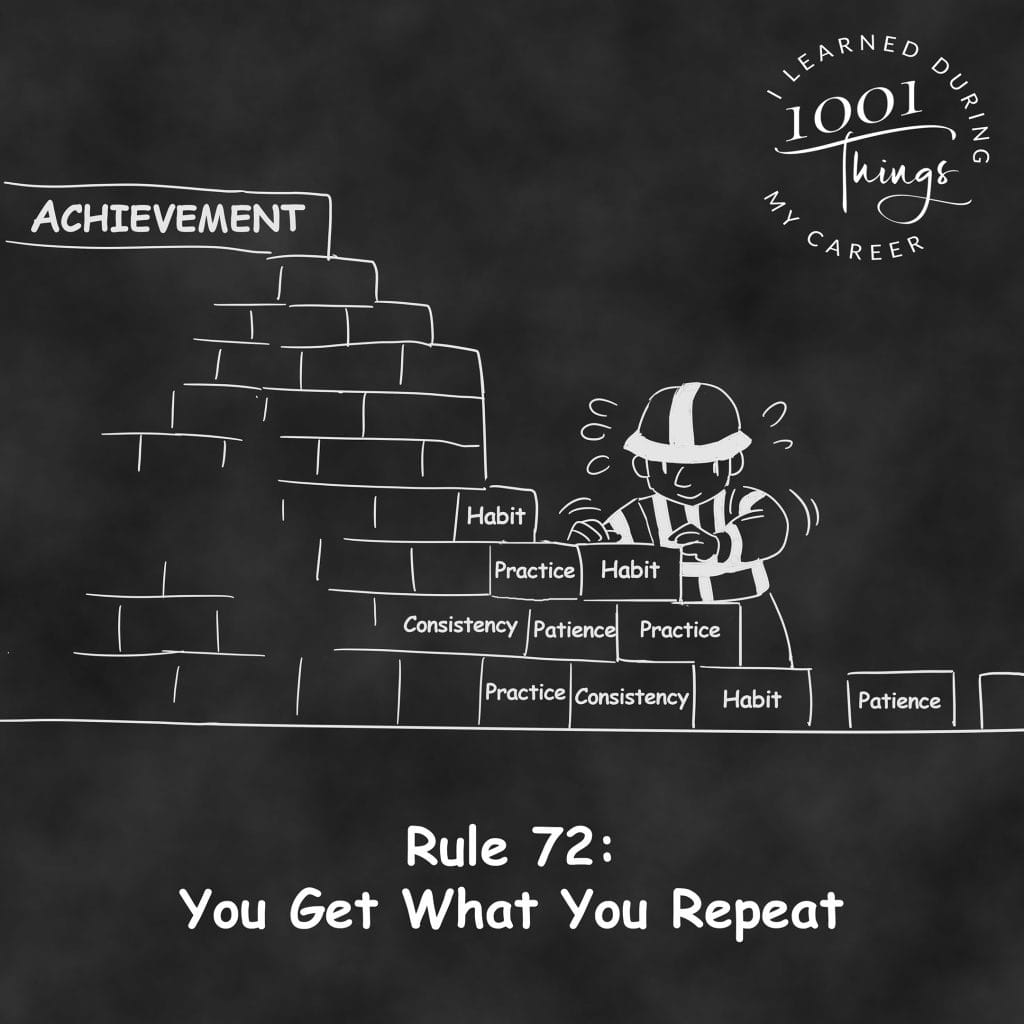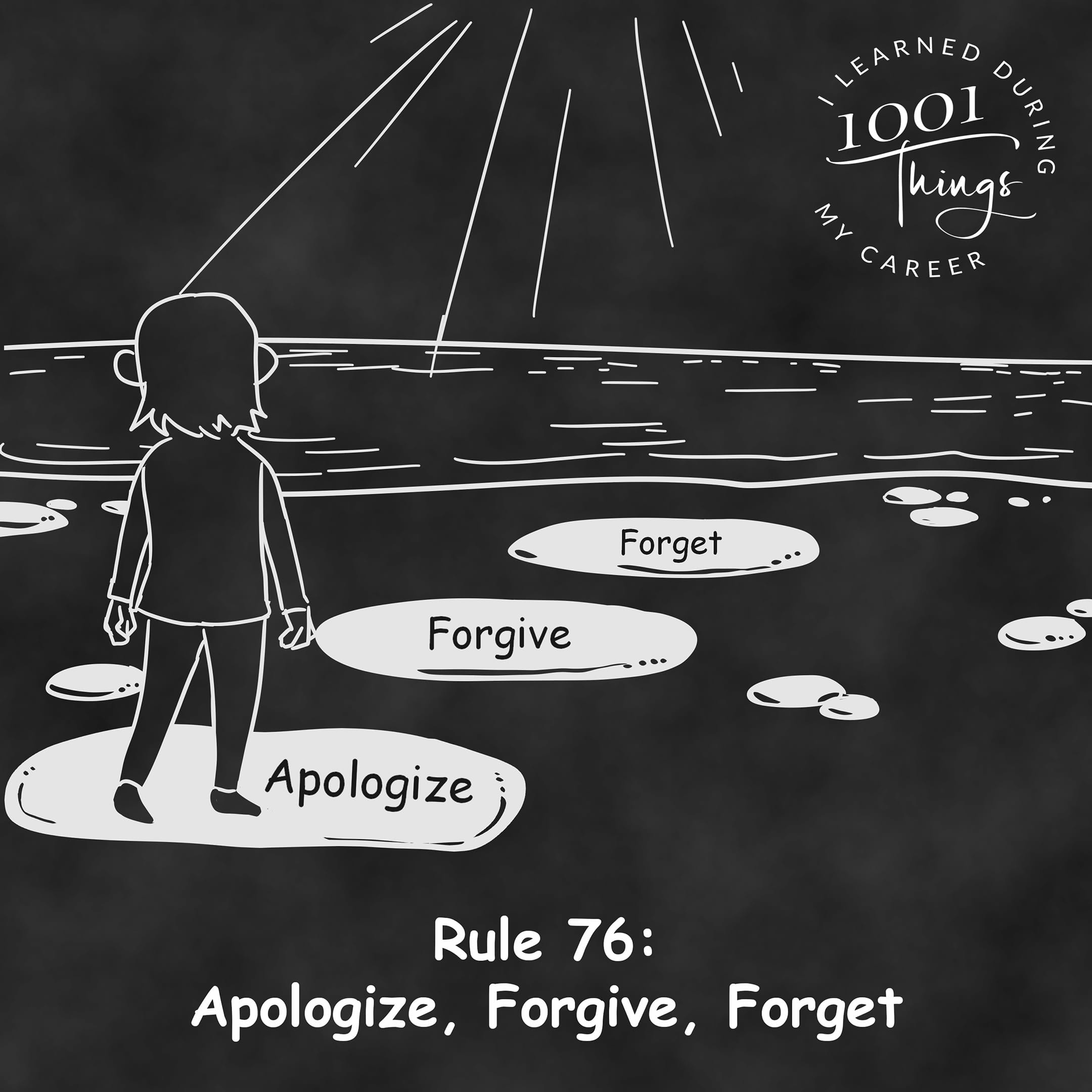Have you ever wondered how some people seem to succeed effortlessly, moving forward with consistency and purpose? While they may seem extraordinarily disciplined, their success usually isn’t a result of sheer willpower – it’s the product of good habits. The truth is, what you do consistently shapes who you become. Discipline might get you started, but habits keep you moving forward.
Building good habits is like investing in a long-term strategy. Take, for example, the morning routines of many high-performing athletes or leaders: from a healthy diet to a daily exercise routine, they aren’t relying on the motivation to get out of bed every day – they’re relying on habits they’ve carefully built. This repetition creates a sense of stability and efficiency, freeing up mental energy for the unpredictable. Success, in this case, doesn’t come from single grand actions but from small, positive routines they repeat day after day.
Take the example of Stephen King, one of the most prolific authors of our time: he writes every single day, including holidays, with a target of 2,000 words per day. In his memoir “On Writing: A Memoir of the Craft” (Scribner, 2000) King explains that repetition – not talent – is the key to his productivity. His consistency proves that greatness isn’t about waiting for the muse – it’s about meeting her at the desk, every single morning.
Or think of Leonardo da Vinci, painter, engineer, inventor, scientist – and one of history’s greatest geniuses. What truly set him apart wasn’t just his talent – it was his daily, disciplined curiosity: he filled thousands of pages with sketches, experiments, questions, and observations, returning day after day to his notebooks to study anatomy, motion, light, and nature. His masterpieces, like the Mona Lisa and The Last Supper, were built not on random inspiration, but on years of deliberate exploration and repetition.
In the end, good habits serve as the foundation for many achievements. They allow you to progress steadily, one day at a time, by minimizing the friction between what you want to do and what you actually do. So, if you want to see results in any area of your life, start by cultivating the habits that will carry you there. Remember, you are the sum of what you repeat – so make sure your habits lead you where you want to go.
This rule is a core message James Clear’s book “Atomic Habits: An Easy & Proven Way to Build Good Habits & Break Bad Ones” (Avery, 2018). After a severe baseball injury in high school, Clear rebuilt his life one habit at a time. He didn’t aim for overnight change – he focused on small daily improvements: journaling, working out, eating well, and writing consistently. Years later, these habits became the foundation for his book, one of the most influential personal development books ever written.





